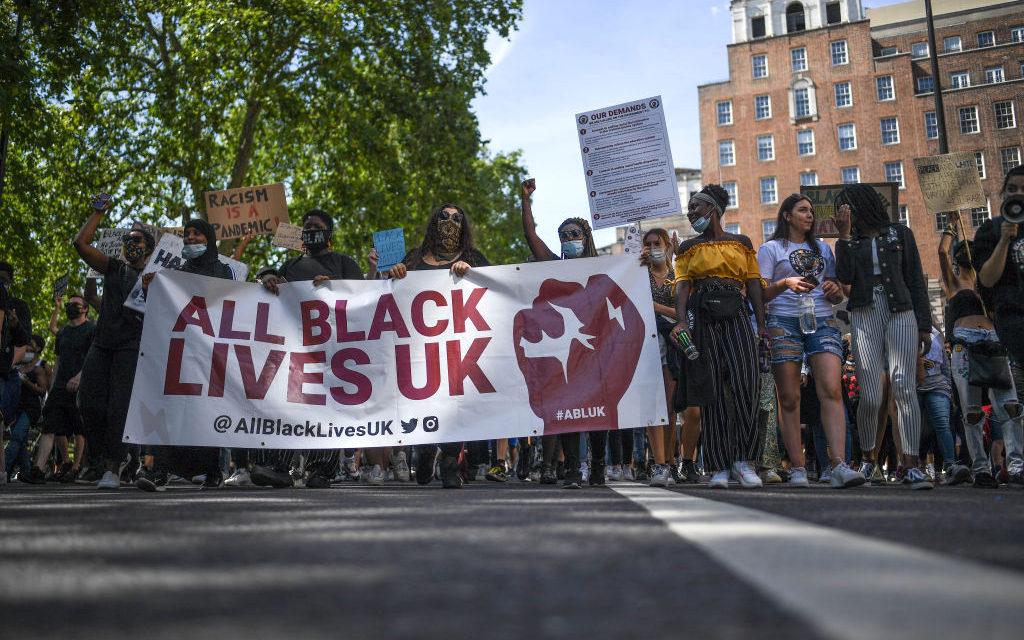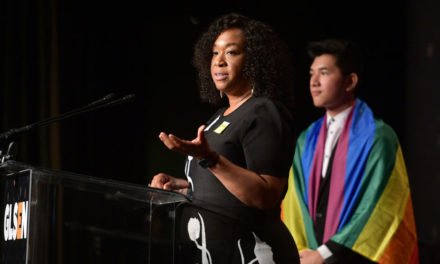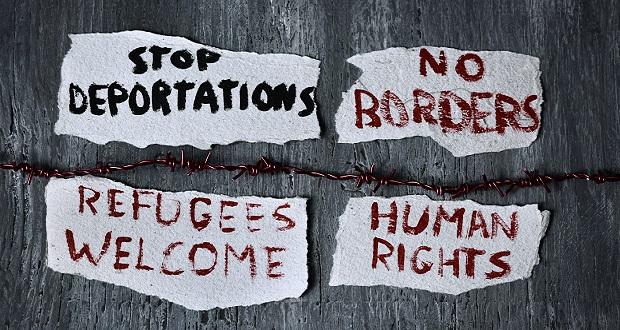
The eight minutes and forty-six seconds it took a “protect and serve” Minneapolis police officer to murder forty-six-year-old Black American George Floyd has renewed anti-racism campaigning around the world.
In the capital [London], people took to the streets in solidarity with the movement – as did residents of cities and towns around the UK. These residents, like so many others across the UK, stood to commemorate George Floyd as well as the many other Black victims of racist police brutality who have tragically lost their lives or been severely injured by officers on both sides of the Atlantic. Additionally, many campaigners have also drawn parallels between the US and UK; highlighting underlying, systemic forms of racism in Britain’s legal, academic, professional and social structures.
Some people still, with fading justification perhaps, see the United States as a ghastlier beast than our shores. “Thank God it’s not like that over here” is the sentiment of plenty.
But while video footage of overt racism and brutality may be tougher (but by no means impossible) to come by in the UK, covert racism in our country is alive and well.
'Thank God it’s not like that over here' is the sentiment of plenty, while video footage of overt racism and brutality may be tougher to come by in the UK, covert racism in our country is alive and well. Share on XForms of interpersonal and institutional racism in the UK aren’t hard to track and show few signs of slowing. Racial discrimination and entrenched inequalities are present in most of the areas of public life many of us take for granted, including policy and law. The UK’s immigration laws, for example, are deeply rooted in racism, with various government-led policies that have been rolled out in the last few decades alone directly and indirectly discriminating against Black, Asian and minority ethnic (BAME) communities.
While serving as Home Secretary, ex-Prime Minister Theresa May was brazen and unapologetic in creating what she named, a “hostile environment” for suspected illegal immigrants in the UK.
Amongst the many operations and practices encouraged by the Home Office hostile environment policy was the 2014 Immigration Act, which charged employers, landlords and the NHS with the responsibility of vetting people and refusing their services if they could not produce the correct paperwork. This ultimately led to the mass-discrimination of migrant and British BAME communities. Many were refused housing, jobs, and healthcare because of their ethnic background, or because they were deemed to have a “foreign-sounding” name.
In the Spring of 2018, it came to light that hundreds of ‘Windrush-generation’ British citizens – who had either been born in the UK or legally entered as children – were being persecuted by the Home Office. These people, and their families, had been invited to the UK from Caribbean countries by the British government from 1948 onwards in efforts to help fill post-war labour shortages. They, their parents and their grandparents had worked here as nurses, construction workers, and teachers and helped to rebuild Britain’s economy and way of life. Many of the victims of the scandal were still working in these roles when they were targeted by the Home Office’s ‘hostile environment’ policy, and the 2014 Immigration Act. Home Office officials threatened them with deportation to countries they had never visited and caused them to lose their jobs and access to public funds because they could not meet documentation laws that had been introduced decades after their/their family’s arrival in Britain. In turn, reports later found that most of the original records of these arrivals had been lost or destroyed by the Home Office decades earlier.
A reparation scheme was constructed by the Government in order to ease some of the financial distress and hardship caused by the diabolical inhumane error in which British citizens were hounded into desperate circumstances. By the end of March this year, 1275 people had applied to the scheme, but only 60 had received payment.
As the hostile environment continues to affect an older generation of black and minority-ethnic migrants and British citizens, younger generations of BAME communities are suffering too. In London, the number of racially motivated hate crimes has risen in the last year – a figure that is reflected in other UK cities and towns.
In London, the number of racially motivated hate crimes has risen in the last year – a figure that is reflected in other UK cities and towns. Share on XEqually, within schools around the UK, racially motivated incidents of bullying are becoming increasingly common, and the education system is under scrutiny for perhaps unwittingly feeding prejudice. The British History curriculum does not adequately portray the overwhelmingly positive impact BAME communities have had on the country (of which the Windrush generation is a prime example). Likewise, the UK’s history of racism and colonialism is also off the agenda.
Prime Minister Boris Johnson recently denied that the UK is an inherently racist country, though he has also somewhat contractedly vowed his support for the UK’s Black Lives Matter movement. This uncertainty is deeply concerning, particularly at a time when troubling policies and structures ought to be being reassessed and reimagined rather than brushed under the rug.
The Black Lives Matter movement in the UK and beyond is essential, as it forces us to recognise underlying disparities and inequalities in everyday life that can no longer be ignored or white-washed. Westminster must begin to tackle what is being exposed, and it must do so immediately.
The Black Lives Matter movement in the UK and beyond is essential, as it forces us to recognise underlying disparities and inequalities in everyday life that can no longer be ignored or white-washed. Share on XMichael Noone writes as a commentator for the Immigration Advice Service, an organisation that provides legal aid to asylum seekers, refugees and trafficking victims.



















